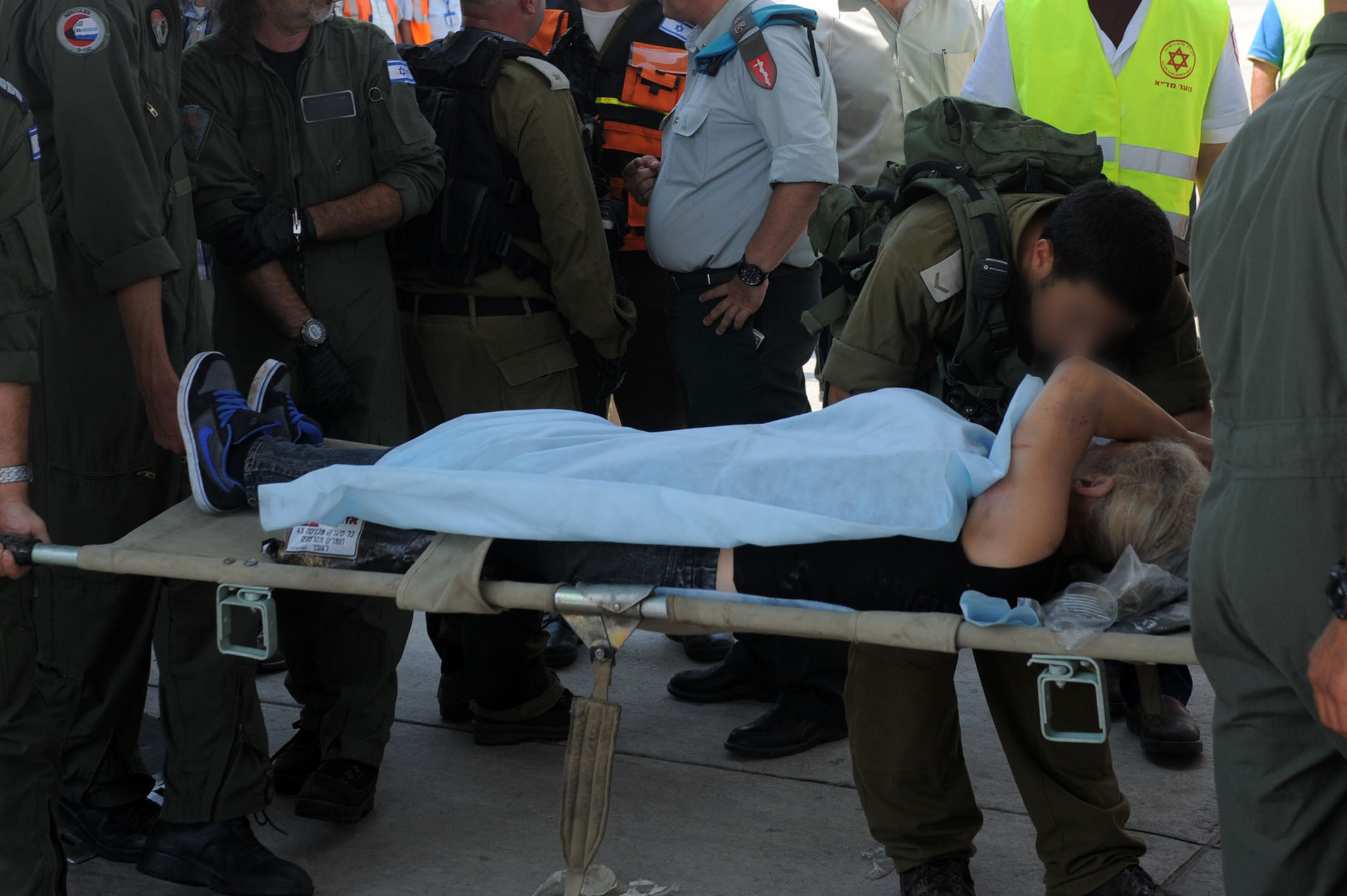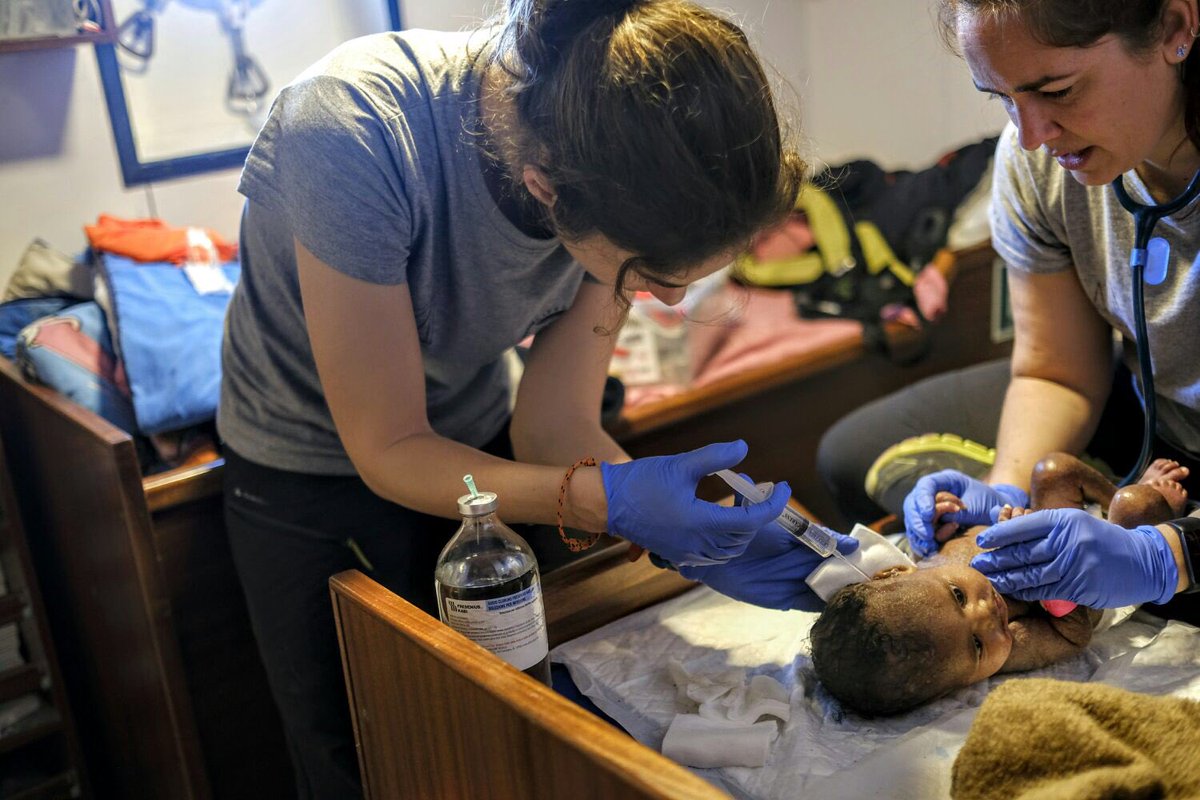Secret CIA detentions. MEPs call for reopening of investigations in 8 countries
(BRUSSELS2) Eleven years after the outbreak of the "war on terror", the question of the CIA's secret prisons is still being debated. It must be said that the question has never been fully clarified in many of the States concerned. States always reluctant to reveal an inglorious past. The European Parliament thus adopted, at the last plenary session in Strasbourg (Tuesday 11 September), a resolution calling on the Member States to investigate more scrupulously to determine the possible existence on their territories of secret prisons used by the CIA. Resolution more symbolic than anything else. From a legal point of view, it in no way obliges the national institutions concerned to react. Symbolic to the point that the report is only a copy, admittedly updated, of the "Fava" report of 2007. But political pressure all the same, which once again shines the spotlight on rather dark and forgotten aspects of the policies foreign nationals.
Defense secrecy can only be exceptional
As an eternal defender of human rights, Parliament wanted to insist on the fact that only genuine national security reasons can justify secrecy and "that in no case can secrecy take priority over inalienable fundamental rights". In general, the report denounces the obstacles encountered by national parliamentary and judicial inquiries into the involvement of certain Member States. "The lack of transparency, the classification of documents, the prevalence of national and political interests, the overly limited scope of investigations, the restriction of victims' right to effective participation and defense, the absence of rigorous investigative techniques and lack of cooperation between investigating authorities across the EUare among these obstacles, specify the deputies. A vast secret and illegal system therefore, “having led to acts of torture and enforced disappearances”, to use the exact words of the parliamentarians.
Investigations must be reopened in 8 countries
Within this resolution, certain Member States are specifically called upon to open or reopen national investigations. The research of the UN, the Council of Europe, the national and international media, civil society and above all Eurocontrol, the European organization for the safety of air navigation, having, since 2007, provided numerous elements new to the file.
La Romania is especially concerned. The Romanian parliamentary inquiry had so far concluded that no evidence could be established on the matter. MEPs therefore call on the Romanian judicial authorities to open “an independent investigation"at alleged CIA detention sites"in the light of new evidence on air links between Romania and Lithuania».
La Poland is also referred to, where a "lack of official communication regarding the scope, course and status of the investigation" is to be deplored. MEPs do not mince their words and ask that the current investigation become an investigation "rigorous» equipped with «all the transparency required» and authorizing «the effective participation of victims and their lawyers».
Authorities Lithuanian are also called upon to reopen their criminal investigation. New evidence affirms that a plane, which transported among others Abu Zubaydah on February 18, 2005, would have made the connection between Morocco, Lithuania and Romania. In all, "five aircraft linked to CIA activities landed in Lithuania between 2003 and 2005», to which are added «dtwo facilities for housing detainees in Lithuania (Project No. 1 and Project No. 2) prepared at the request of the CIA».
 Parliament is also seeking to have the Portugal on the reasons for the sudden interruption of the survey in 2009 as well as on the numbernot negligible» of flights recorded between Bagram (Afghanistan), Diego Garcia (American base in the Indian Ocean) and Guantànamo and which made a stopover in Portugal.
Parliament is also seeking to have the Portugal on the reasons for the sudden interruption of the survey in 2009 as well as on the numbernot negligible» of flights recorded between Bagram (Afghanistan), Diego Garcia (American base in the Indian Ocean) and Guantànamo and which made a stopover in Portugal.
Forever an ally of the Americans, the United Kingdom does not escape the mistrust of MEPs, who intend to closely follow the legal proceedings initiated by Libyan dissidents for the direct involvement of MI6 "in the transfer, secret detention and torture they suffered". His Majesty's Judges are "For guests"to carry out an even wider investigation into the UK's responsibility for the CIA program"with all the necessary transparency" and "enabling the effective participation of victims and civil society».
In addition, theItaly,Spain and finally Cyprus complete the list of countries "invited" to respond adequately to the European institutions in charge of collecting information, on extraordinary renditions and other suspicious information linked to the CIA. A total of 12 countries (plus Germany, Ireland, Finland, Denmark and Greece) have been accused of being involved in such covert operations.
Another example of institutional “war”
Parliament also sends a clear message to the EU Council of Ministers and the European Commission. EU ministers must acknowledge the involvement of its member states but also remind those same states not to rely on "unenforceable diplomatic guaranteesin cases of extradition of persons at risk of being tortured and judged on the basis of extracted confessions. Finally, the Commission should, according to the report and among other measures aimed at giving MEPs more control, initiate a program of permanent information exchange between it and Parliament so as to control the national intelligence services "in cases indicating that joint actions have been carried out on the territory of the European Unionby these same services.
A message sent loud and clear and ... in unison.
Speaking after the plenary session, Hélène Flautre (Les Verts/ALE), rapporteur for the dossier, welcomed the vote on this resolution. Resolution moreover, adopted by a very large majority, 568 votes for, 34 votes against and 77 abstentions. " Today's vote is a victory for the European Parliament. It makes the democratic foundations of the Union prevail over national and partisan considerations "Before adding"the credibility of the European project depends on it”.
About followed on the left, as on the right. The Frenchwoman Marie-Christine Viergeat (unitary left), also a member of the LIBE commission (Civil Liberties, Justice and Home Affairs) was delighted. " The adoption of this report shows how much work remains to be done for the Member States of the Union to implement on their territory the principles which they want others to apply. (...) There is no political realism that holds in this area, even in the fight against terrorism". Britain's Sajjad Karim of the European Conservatives and Reformists, who raised the issue several years ago, also applauded. "We have discovered that the CIA has conducted over a thousand covert flights over European territory since 2001, many of them to destinations where suspects could be tortured. It is a shame for a Union which defends democracy and which has respect for human rights enshrined in its treaties.". Same speech on the side of the European People's Party, "The effectiveness of counter-terrorism measures and respect for human rights are not contradictory, they are mutually reinforcingunderlined the French Michèle Striffer.
It should be noted that the European Commissioner for Justice, Viviane Reding, supported the initiative and also called on the States to conduct investigations thorough, independent and impartial. The Parliament now gives an appointment to all the actors in a year to "take stock of the progress made and the follow-up to its recommendations.” to quote H. Flautre.



